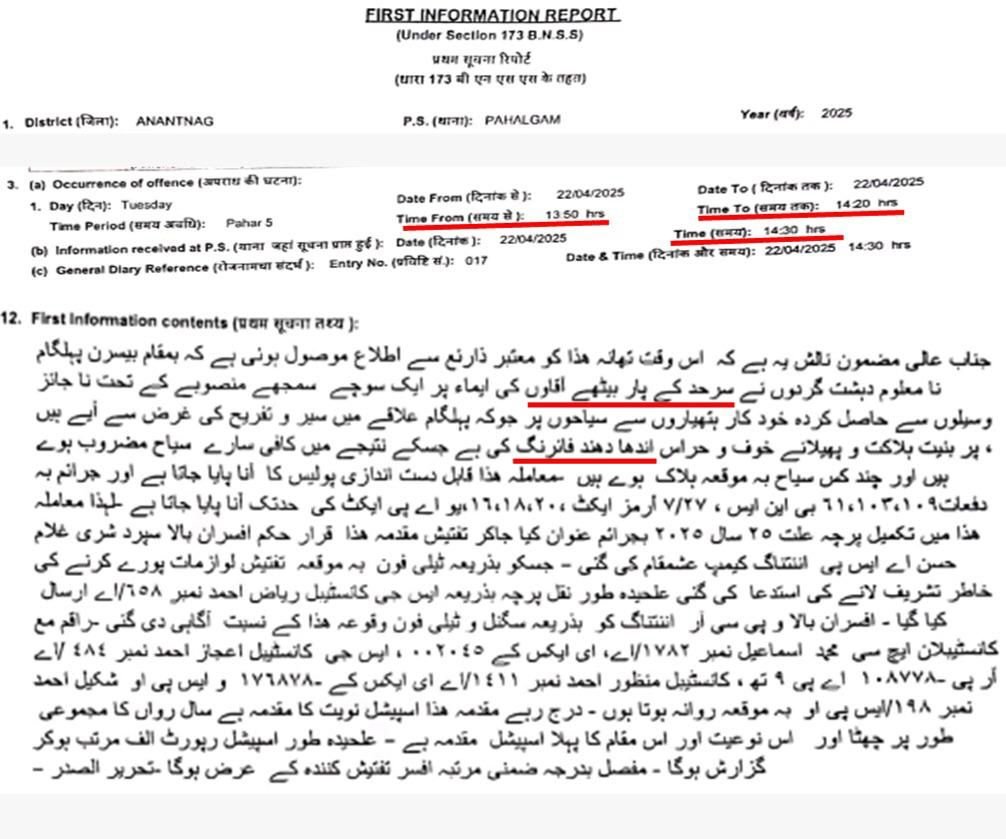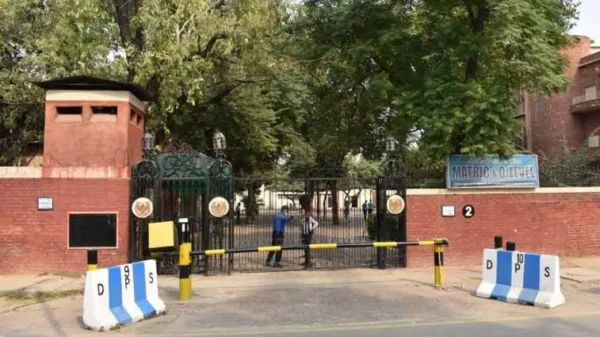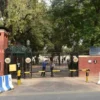The Resistance Front
The Resistance Front (TRF) has strongly denied any involvement in the recent deadly attack on tourists in Pahalgam, Kashmir.
The group, active in the Kashmiri resistance movement since 2019, called the accusations “false, hasty, and part of an orchestrated campaign” to damage the image of the Kashmiri struggle for self-determination.
According to a statement shared on the group’s Telegram channel, an unauthorized message claiming responsibility for the attack was posted shortly after the incident.
TRF said this message was the result of a cyberattack on its digital platforms. They pointed to India’s state-backed cyber warfare operations as the likely source of the intrusion. An internal investigation is underway, with early signs suggesting that Indian intelligence agencies could be behind the breach.

TRF accused India of using the Pahalgam attack as part of a broader false flag operation to tarnish the Kashmiri resistance movement. The group called for an independent international inquiry to investigate the cyberattack and to uncover the real perpetrators behind the deadly incident.
The attack took place on a sunny afternoon at Baisaran meadow in Pahalgam, where gunmen opened fire on tourists, killing at least 26 people and wounding several others.
While an initial claim of responsibility appeared through TRF’s hacked channels, the group quickly issued a denial after realizing their digital platforms had been compromised.
TRF further argued that the attack fits into a long-standing pattern of Indian efforts to vilify Kashmiri resistance groups and shift focus away from Kashmir’s unresolved political status.
They highlighted the ongoing demographic changes in Kashmir, accusing the Indian government of trying to erode the region’s Muslim majority by extending domicile rights to outsiders.
Meanwhile, the First Information Report (FIR) filed after the attack has raised serious questions about the Indian government’s narrative. The FIR was registered just 10 minutes after the attack ended, which security experts say points to prior knowledge and preparation.

It quickly labeled the attackers as “unknown cross-border terrorists” and included phrases such as “under the guidance of foreign masters,” further suggesting that authorities had a pre-planned script.
These details, along with contradictions between official statements and the FIR, have led many to believe the Pahalgam attack was a poorly executed false flag operation.
The incident has intensified calls for an independent investigation to uncover the truth behind the deadly assault and to hold those responsible accountable.










